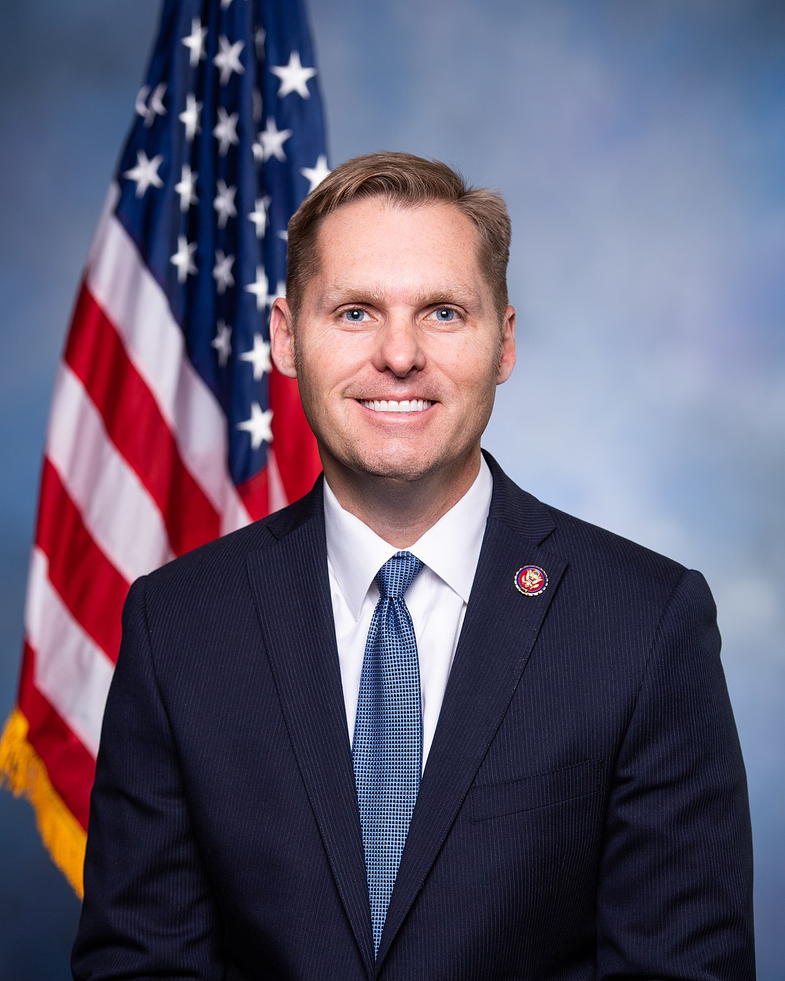H.R. 5494: Essential Workers for Economic Advancement Act
The "Essential Workers for Economic Advancement Act" creates a new H-2C nonimmigrant worker classification designed to bring temporary foreign workers into the United States to fill jobs in specific non-agricultural sectors where there are labor shortages. Here’s a breakdown of the main components of the bill:
Nonimmigrant Classification
The bill introduces the H-2C category for nonimmigrant temporary workers. This classification aims to provide a structured pathway for foreign workers to enter the U.S. for jobs while ensuring that U.S. workers are prioritized for employment opportunities.
Employer Registration and Recruitment
To participate in this program, employers must go through a registration process. The bill stipulates that these employers must actively recruit U.S. workers for the positions they intend to fill with H-2C workers, thereby ensuring equitable job opportunities.
Limits and Incremental Allocations
The legislation outlines specific limits on the number of positions that can be registered under the H-2C program. The capacity for these positions can increase incrementally based on demonstrated demand from employers, aligning the program's growth with the needs of the labor market.
Worker Protections
To safeguard the rights of workers, the bill emphasizes the importance of compliance with recruitment standards and monitoring practices. Employers will be subject to stringent rules that require them to treat H-2C workers fairly, as well as maintain compliance with all employment and labor laws.
Penalties for Non-compliance
There are established penalties for employers who violate the provisions of the H-2C program. These penalties aim to discourage non-compliance and protect the integrity of the program, ensuring that employers uphold the legal standards required for hiring foreign temporary workers.
Monitoring and Tracking
The bill mandates that an electronic tracking system be put in place to monitor the employment of H-2C workers. This system is intended to improve oversight of the program and ensure compliance with the outlined regulations, aiding in the prevention of abuses and ensuring proper treatment of workers.
Conclusion
The "Essential Workers for Economic Advancement Act" seeks to address labor shortages in crucial non-agricultural sectors by establishing a regulated framework for the admission of temporary foreign workers while maintaining strong protections for domestic labor and strict compliance criteria for employers.
Relevant Companies
- AMZN - Amazon may be impacted as it often relies on a large workforce in non-agricultural roles including warehouses and fulfillment centers.
- WMT - Walmart could see changes in their hiring practices and workforce management due to increased access to temporary workers.
This is an AI-generated summary of the bill text. There may be mistakes.
Sponsors
12 bill sponsors
-
TrackLloyd Smucker
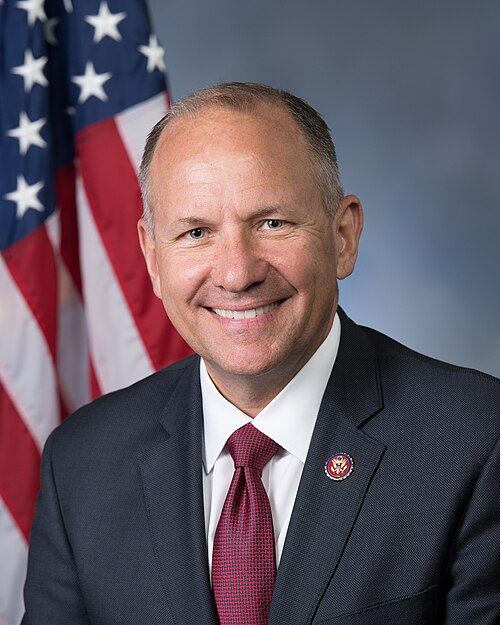
Sponsor
-
TrackMark E. Amodei
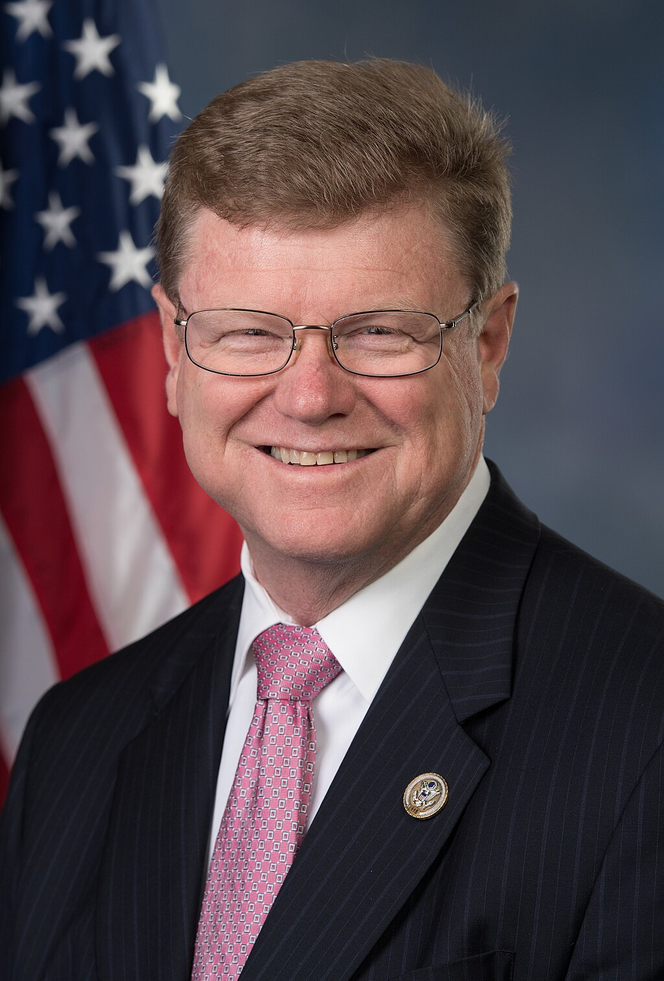
Co-Sponsor
-
TrackJuan Ciscomani
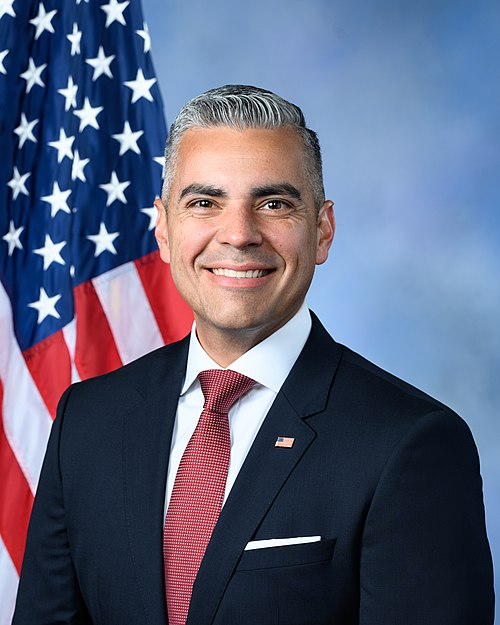
Co-Sponsor
-
TrackHenry Cuellar
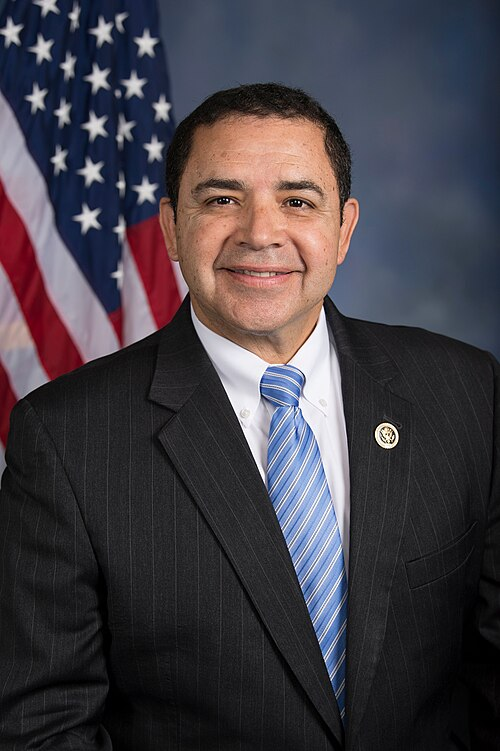
Co-Sponsor
-
TrackDonald G. Davis

Co-Sponsor
-
TrackMonica De La Cruz
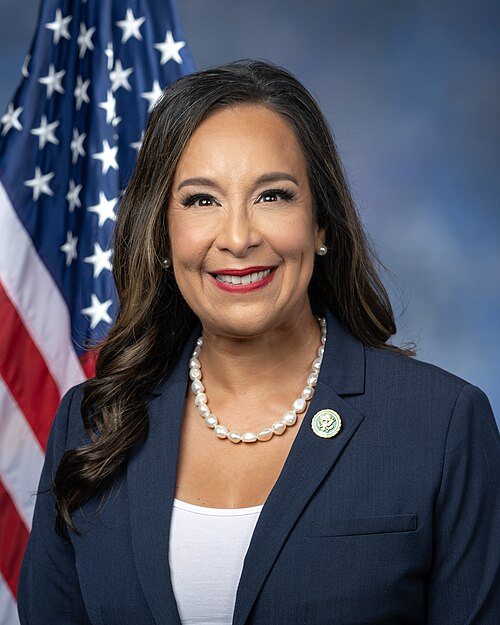
Co-Sponsor
-
TrackAndy Harris

Co-Sponsor
-
TrackMike Kelly

Co-Sponsor
-
TrackMike Kennedy

Co-Sponsor
-
TrackRichard McCormick
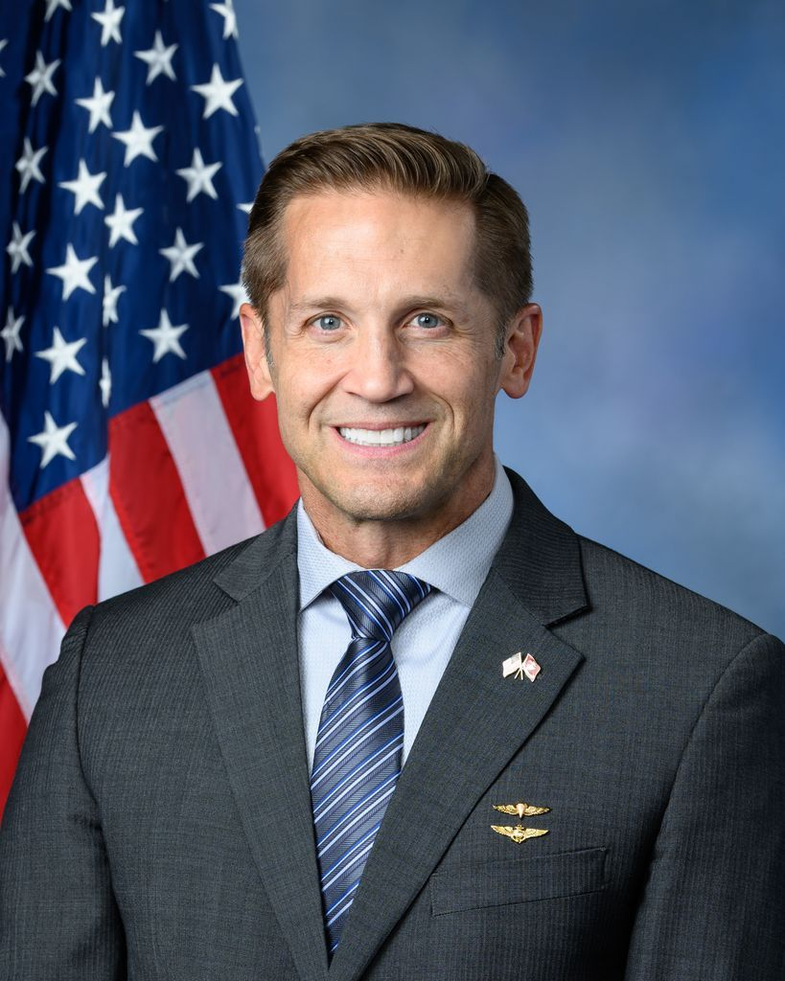
Co-Sponsor
-
TrackMaria Elvira Salazar

Co-Sponsor
-
TrackThomas R. Suozzi

Co-Sponsor
Actions
2 actions
| Date | Action |
|---|---|
| Sep. 18, 2025 | Introduced in House |
| Sep. 18, 2025 | Referred to the Committee on the Judiciary, and in addition to the Committees on Ways and Means, and Oversight and Government Reform, for a period to be subsequently determined by the Speaker, in each case for consideration of such provisions as fall within the jurisdiction of the committee concerned. |
Corporate Lobbying
0 companies lobbying
None found.
* Note that there can be significant delays in lobbying disclosures, and our data may be incomplete.


































